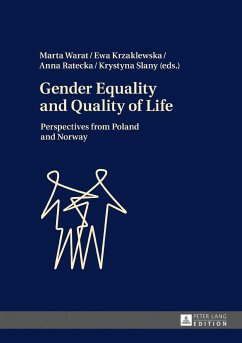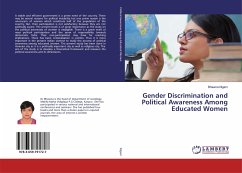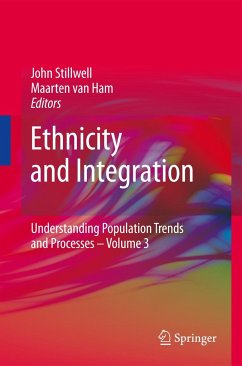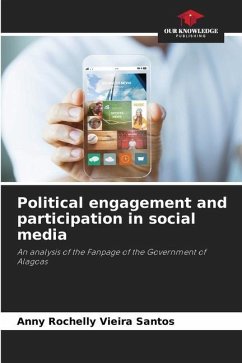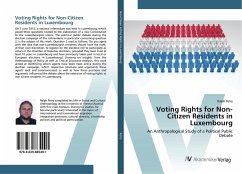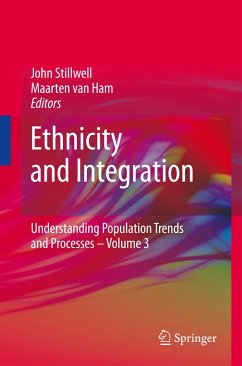
Socio-economic Integration of Immigrants in Greece
Versandkostenfrei!
Versandfertig in 6-10 Tagen
34,99 €
inkl. MwSt.

PAYBACK Punkte
17 °P sammeln!
In a context of growing concern about the prevalence of hate speech, the large number of violent incidents, conflicts and racially motivated murders, social cohesion within European societies has eroded to an alarming degree. These developments, coupled with the rapid rise in unemployment due to the economic crisis and the prevalent insecurity, have turned immigrants into 'easy' targets of xenophobic and racist attacks, which, in the name of 'national salvation', perceive immigrants as the modern enemy. This book contributes to a deeper understanding of the immigration phenomenon on the one ha...
In a context of growing concern about the prevalence of hate speech, the large number of violent incidents, conflicts and racially motivated murders, social cohesion within European societies has eroded to an alarming degree. These developments, coupled with the rapid rise in unemployment due to the economic crisis and the prevalent insecurity, have turned immigrants into 'easy' targets of xenophobic and racist attacks, which, in the name of 'national salvation', perceive immigrants as the modern enemy. This book contributes to a deeper understanding of the immigration phenomenon on the one hand, and the integration of immigrants in the host societies, on the other. It highlights the particular features of bottom-up integration strategies, and their increasing diversification into separate integration domains such as employment, housing, the use of language, social interaction,social and political participation by applying quantitative methods. In particular, the book investigates the socio-economic integration of first generation immigrants in Greece, by comparing different ethno-cultural groups of immigrants representing different ethno-cultural contexts.



